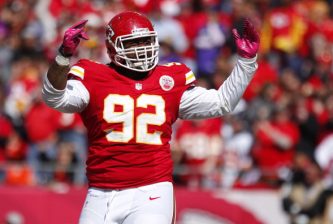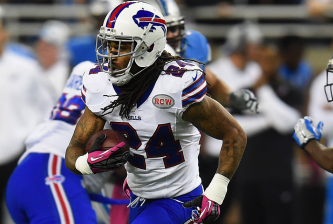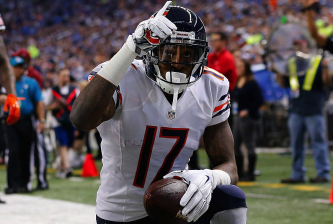It takes a lot of guts to play through injury. But it requires just as many to work up the mettle to pull yourself from a close and important game late in the fourth quarter.
That’s why Pittsburgh Steelers quarterback Ben Roethlisberger deserves heaps of praise of his decision to self-report symptoms of a concussion late Sunday against Seattle, removing himself from a winnable game that Pittsburgh ultimately lost.
On 93.7 The Fan in Pittsburgh Tuesday, Roethlisberger said he still felt as though he made the right decision, noting that he’ll “play through any injury but brain.” And that’s an important message from one of the game’s highest-paid and most famous players.
Roethlisberger is a leader, not just in Pittsburgh but everywhere NFL football is played. And if younger players league-wide see that a player they respect for being so tough understands that life still trumps football, they’ll be more likely to follow suit.
Now, Sunday’s self-report wasn’t perfect. Roethlisberger did continue to play after suffering the concussion and didn’t tell trainers about his symptoms until after that series had ended. Ideally, we’ll reach a point where players will self-report symptoms immediately, regardless of the circumstances.
Self-reporting shouldn’t be a calculation. Right now, it’s hard to imagine anyone self-reporting a potential concussion with two minutes remaining in a Super Bowl, but the key is to remove any potential stigma associated with doing so in big moments.
It wasn’t long ago you were considered a wuss for leaving a game as a result of suffering symptoms that — despite various clichéd labels along the lines of “getting your bell rung” — probably meant you had a concussion. But the times are changing quickly, and it helps when one of the game’s biggest stars sets a positive example.




